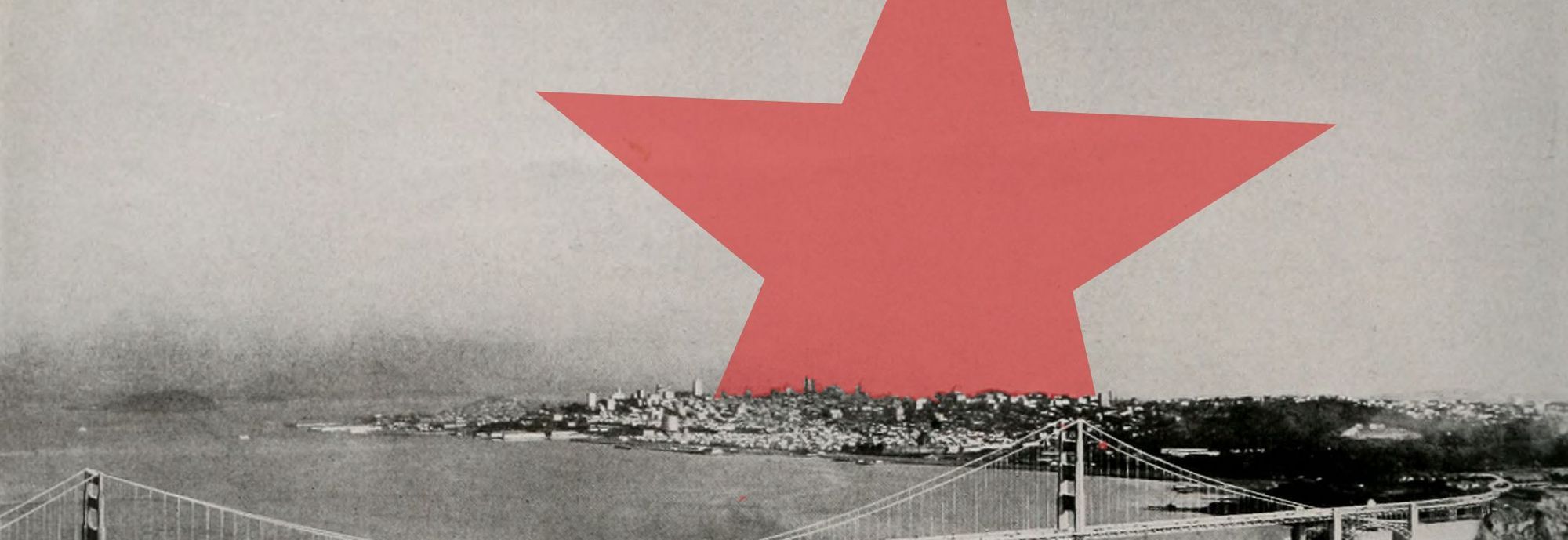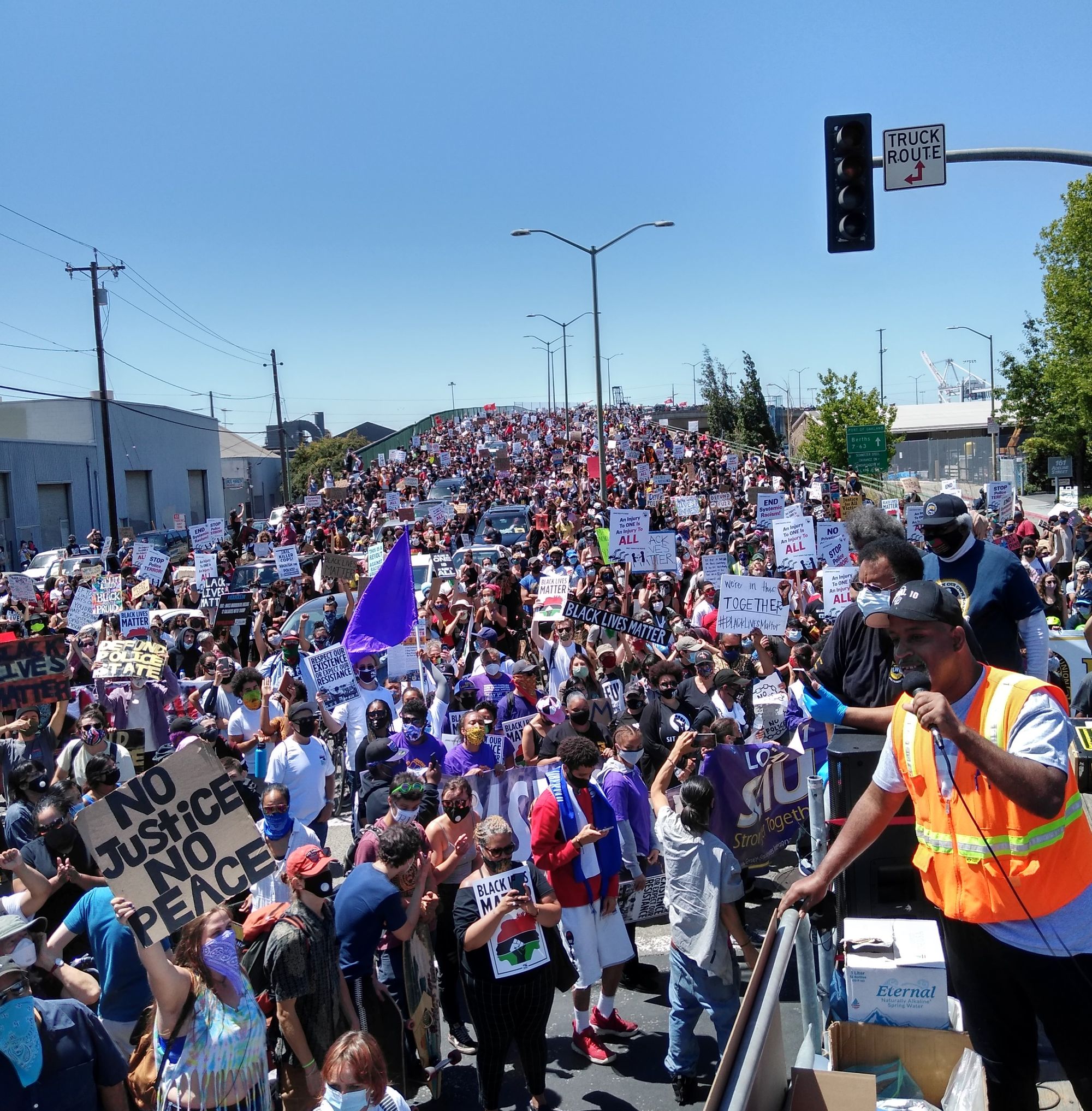Statement on the National Rage Against the Killing of George Floyd:


The murder of George Floyd on May 25th by Minneapolis PD was an intolerable act that is still having repercussions across the nation, and is setting the stage for renewed confrontation by Black people and workers against the authoritarian capitalist state.
The reformist leadership coming from the Democratic Party and nonprofits have criticized the riots and outbursts as hurtful to the movement and unconstructive when it comes to achieving its goals. In a recent press conference on the events, Rep. Ilhan Omar said, “I realize our frustrations are warranted, our despair is justified, but today our priority needs to be to minimize harm. We can’t let the violence committed against one Black man give way to more destruction. You can’t say you care about Black lives, and engage in fires that endanger Black lives.”
But in truth the criticism of the rioting which took place is an ahistorical criticism that does not take recent history into understanding. Anyone can see there have already been peaceful demonstrations year after year, killing after killing—and yet the state violence has persisted. There has already been peaceful and “constructive” action against the killings of Tamir Rice, Sandra Bland, Mario Woods, Oscar Grant and many many others. There have already been 35 years of the War on Drugs, a domestic war being waged by the police force and the F.B.I. against their own people, originally fueled by L.A. cops actively participating in moving untold tons of destructive drugs into Black and brown communities. It took a mass movement in over forty major U.S. cities, as well as riots and international mobilizations just to get charges brought against the four police officers involved in Floyd’s murder.
Can we say the police violence against these protests would have happened with such ferocity if the marches were about universal healthcare? The protests are attacked so violently by the police precisely because the demonstrations are against the police themselves.
The movement against police brutality is coming up against the structural issue of trying to confront and reform the police—a task that socialists understand cannot be done without a broad restructuring of the social conditions that give rise to the police in the first place. Calling for abolishing police essentially means calling for the armed body of men controlled by the state that enforces the power of the ruling class to cease its function. It is abundantly clear that so-called police reforms, with all the body cameras and sensitivity and de-escalation trainings, have been utter failures in addressing the fact that police are so heavily armed they cannot restrain themselves from killing people. Once the offending officers are arrested, once the local police chief resigns, once someone is jailed for the murders, then what? Are the structural issues fixed by replacing the offending officers with “good” ones?
Riots themselves are outbursts of anger that have been blocked from an organized political route to funnel themselves. Imagine if instead of riots the response to the killing of George Floyd was Minneapolis bus drivers and delivery workers bringing transit to a halt, store stockers and essential workers walking off the job, and the entire city being paralyzed in a coordinated general strike. Nothing would put more pressure on big business and its lackeys in the government to bring oversight to the dogs that run their police departments, as one unjust killing could threaten to stop hundreds of millions in profits from circulating in their rotten system.
On June 19th, a.k.a. Juneteenth, ILWU longshore workers shut down all movement of freight through West Coast ports in the name of justice against police terror. Some ten thousand or more community members marched and rallied alongside the longshoremen for seven hours. This was a powerful step forward and sets the framing for the type of action that is going to have to develop across the nation, but one radical day of action does not add up to a party with the power of the organized American working class behind it. This is the party which we must strive to build.
In the last years of his life before his assassination, Malcolm X founded the OAAU, or the Organization for Afro-American Unity. It was a new project that sought to unite the Black community, Muslim and non-Muslim alike, in an independent pole for Black people to assert themselves in the political arena. This was a break from his previous political orientation defined by the Nation of Islam, which focused specifically on the Muslim community. Malcolm’s politics never stopped developing, and he realized that, together, Black people in the United States were going to need their own political tools, and their own organization, to bring forward their agenda of freedom from white hegemony.
It is this concept of an organized political alternative, a political party, that radicals need to keep their eye on and organize towards. The two strongest threats to capitalism in the United States can only be, 1) a Black nationalist party, and/or 2) a workers’ party comprised of all races of workers. This is not a promotion of some kind of segregation—Malcolm X’s ideas of political independence for the Black community are only still relevant because of the way that the Black community sees itself and organizes itself, as by and for itself, and this reality must be accepted and respected. The left should be flexible to a future where these two alternatives either arise together; alternatively one without the other; or hopefully as a unified fighting force in which Black workers play a leading role in the construction of an independent workers’ party.
